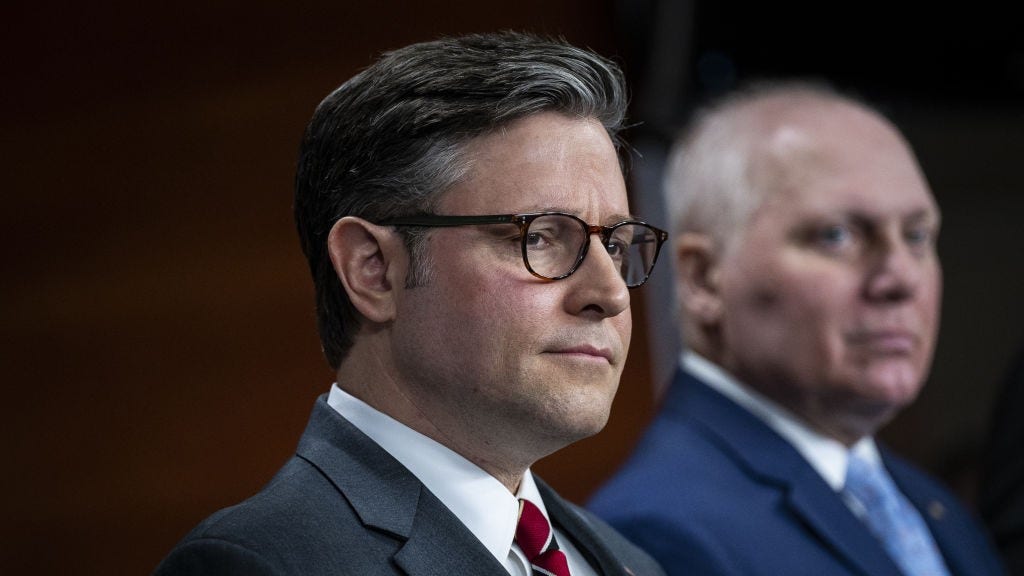The 119th Congress is set to begin at noon on Friday, with the first order of business being the election of the Speaker of the House. The House must choose a Speaker before it can proceed with other functions such as swearing-in members, adopting rules packages, debating bills, voting, and constructing committees. The Speaker then swears in the rest of the body and governs daily operations. If the House fails to elect a Speaker on the first ballot, subsequent votes will be necessary, as was the case in the past when it took multiple rounds to elect a Speaker.
House Republicans have faced challenges in electing a Speaker, with various candidates being nominated and facing opposition from different factions within the party. Some conservatives have expressed disappointment in House Speaker Mike Johnson for his handling of various bills and for working with Democrats on certain legislation. Johnson’s tenure has been marked by controversies and challenges, making his reelection as Speaker uncertain. The upcoming Speaker election is crucial in determining the direction of the House and the Republican Party going forward.
During the Speaker election, Acting House Clerk Kevin McCumber will preside until a Speaker is chosen, and a call of the House will establish how many Members-elect are present. Nominating speeches will be made, and each Member-elect will verbally respond with their choice for Speaker. Members can vote for anyone, including persons who are not House Members. The winning candidate must secure an outright majority of all Members voting for a candidate by name, with 218 votes needed to win.
There is speculation that some Republicans may protest by voting “present” instead of supporting House Speaker Mike Johnson, potentially impacting the outcome of the election. If too many Republicans vote “present,” it could result in a different candidate winning the Speaker election. There is concern about delays in the Speaker election affecting the certification of the Electoral College vote on Monday, which requires a Joint Session of Congress with a Speaker in place. The situation could lead to conflicts between different factions within the Republican Party.
A prolonged battle over the Speakership could foreshadow further internal conflicts within the Republican Party regarding governance and implementing President-elect Trump’s agenda. Divisions between Johnson loyalists and mainstream Republicans with right-wing ideologues and freewheeling factions could escalate into a full-on brawl. The outcome of the Speaker election and subsequent events in Congress will set the tone for future disputes and decision-making within the Republican Party, impacting its ability to govern and advance its priorities. The House Speaker plays a crucial role in guiding legislative proceedings and shaping the direction of the Congress.


